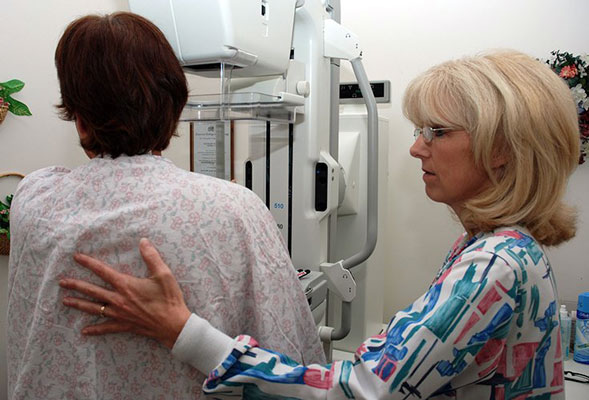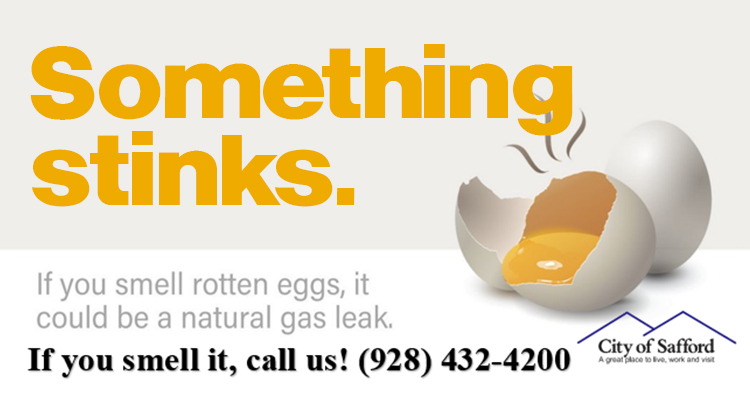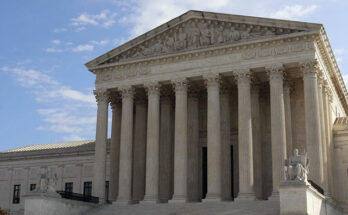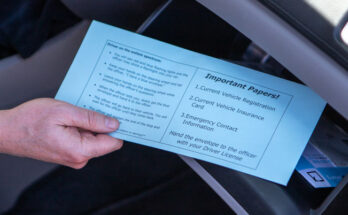Photo By Specialist 2nd Class Joseph Moon/U.S. Navy: Experts say more than a third of adults have not received recommended cancer screenings during the pandemic – in part due to fear of contracting COVID-19. That worries advocates, who now are urging Americans to get these potentially life-saving procedures.
By Melissa Estrada/Cronkite News
PHOENIX – Cancer screenings in the U.S. have plunged since the start of the pandemic almost a year ago, prompting health advocates to increase calls for the public to stop postponing these potentially life-saving procedures.
More than one-third of adults have failed to receive recommended cancer screenings during the pandemic, according to “Cancer Won’t Wait and Neither Should You,” a bulletin published by the American Cancer Society and the National Comprehensive Cancer Network.
Fear of getting COVID-19 at screening centers and job losses that have affected insurance coverage are among the factors driving this dangerous trend.
“The pandemic has really given cancer the advantage, and the balance of risk has shifted significantly,” Jeff Fehlis, executive vice president of the American Cancer Society’s south region, said in an interview with Cronkite News.
“Patients are continuing to wait on those preventative screenings, or even to have symptoms evaluated, because of fear of going to the doctor or the clinic.”
The statistics around these missed tests are stunning.
One study, published in April by the IQVIA Institute for Human Data Science, found the number of mammograms, colonoscopies, and pap smears declined by 87%, 90%, and 83%, respectively, compared with February 2020, a month before the pandemic was declared.
Using modeling, the report estimated that more than 80,000 cancer diagnoses could be missed or delayed because of pandemic-related disruptions.
Another report, published in July by the Epic Health Research Network, found that more than 400,000 breast, colon, and cervical exams were missed from March to June of 2020.
During the early months of the pandemic, some states and health care facilities put cancer screenings on hold to try to limit the spread of COVID-19. But even after screenings resumed, the concern of contracting the disease kept people away.
“Early detection is a key to beating and fighting cancer,” Fehlis said. “With these delays, you’ve given the cancer a chance to advance and make it more difficult to treat.”
Dr. Nayan Patel, a gastroenterologist and hepatologist with Arizona Digestive Health in Scottsdale, performs endoscopies, colonoscopies, and other procedures to help detect cancer early. He’s seen firsthand how the pandemic has affected his patient load.
“There are a lot of patients who are kind of wary of coming to those sort of environments (hospitals and surgical centers) because of fear of contracting COVID,” he said.
Aside from worry about contracting the disease, a lack of health insurance because of pandemic-related job losses or other barriers to care also are affecting screening numbers, experts said.
Black and Hispanic adults are more likely than whites to have had trouble paying for medical care, bills, or their rent or mortgage during the pandemic and are more likely to have been unemployed during the pandemic, according to the Pew Research Center.
Lack of transportation and language services creates more barriers to preventative screenings for people of color, who face higher mortality rates from several different types of cancer.
Black patients, for example, are more likely to be diagnosed at later stages than white patients for breast, colorectal, and cervical cancers, partly due to lower screening rates and timely follow-up of abnormal results, experts note.
“Minority populations have a higher incident rate and a higher death rate with cancer,” Fehlis said. “And a lot of that is attributed to access to care.”
To combat these missed screenings, doctors and advocacy organizations are getting the word out about the danger of delayed or missed appointments.
On Jan. 28, officials with dozens of cancer treatment and research centers wrote a public letter that says, in part, “Together, we have an opportunity to help reverse the course and reduce the negative impact the pandemic has on people with cancer. As national leaders in cancer care, we call on all people, community leaders, and other health care professionals to act now.”
At MD Anderson Cancer Center in Houston, one of the largest such centers in the world, safety measures have been put in place to protect patients during in-person treatments, said Dr. Therese Bevers, medical director of the facility’s Cancer Prevention Center. They include temperature checks, new medical-grade masks for patients to wear during appointments, and screening questions about recent travel, COVID-19 exposure, and symptoms.
“We have been trying to get the message out through multiple media mechanisms of the importance of getting cancer screening – and that it’s safe,” she said.
With the rollout of COVID-19 vaccines, cancer experts hope screening numbers will return to normal, but they note that patients don’t need to wait until they’re fully vaccinated to make appointments.
“A number of people are deciding to delay preventive services such as cancer screenings until they get vaccinated,” Bevers said. “However, realize that a 40- or 50-year-old woman who needs annual mammograms – unless she has some underlying condition that would put her at risk – she is not going to probably be eligible for a vaccine until April or maybe even the summer.
“Cancer doesn’t stop even during a global pandemic. And while cancer screenings may not be top of mind or you’ve been putting it off … it is important to make it a priority.”










